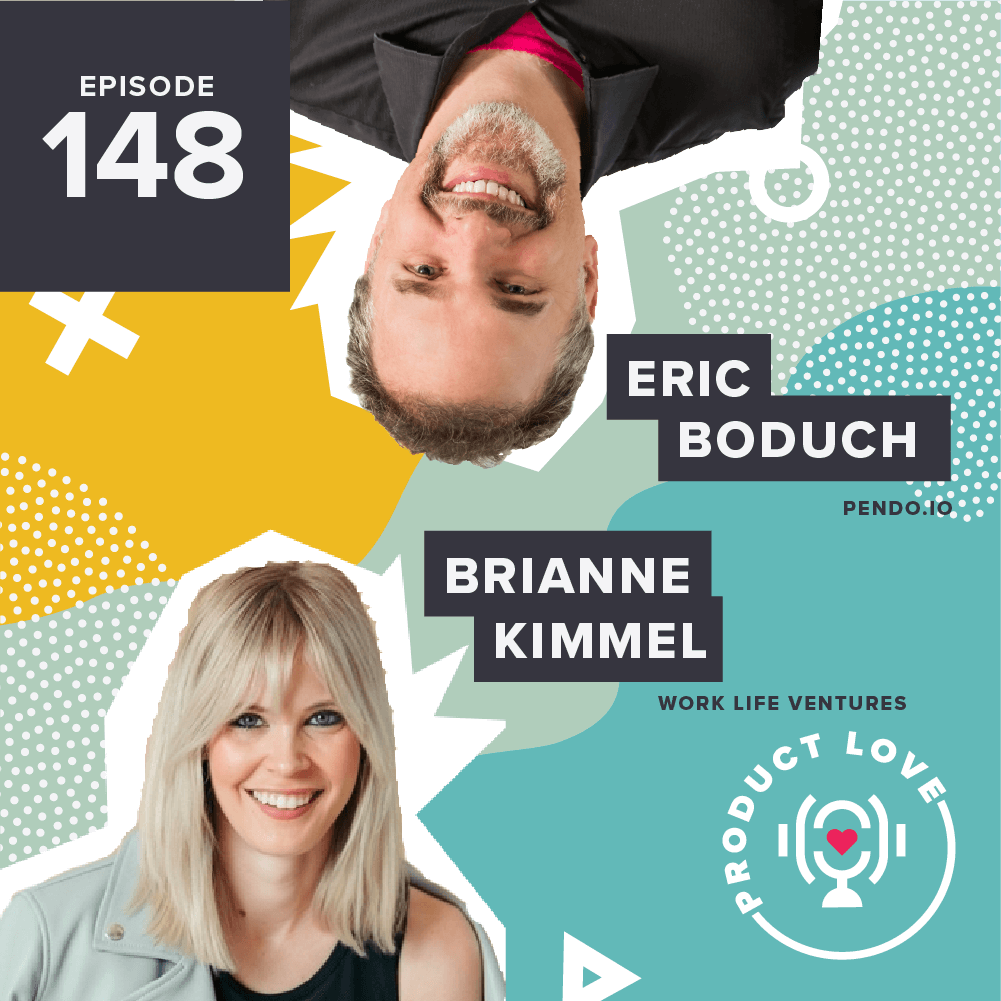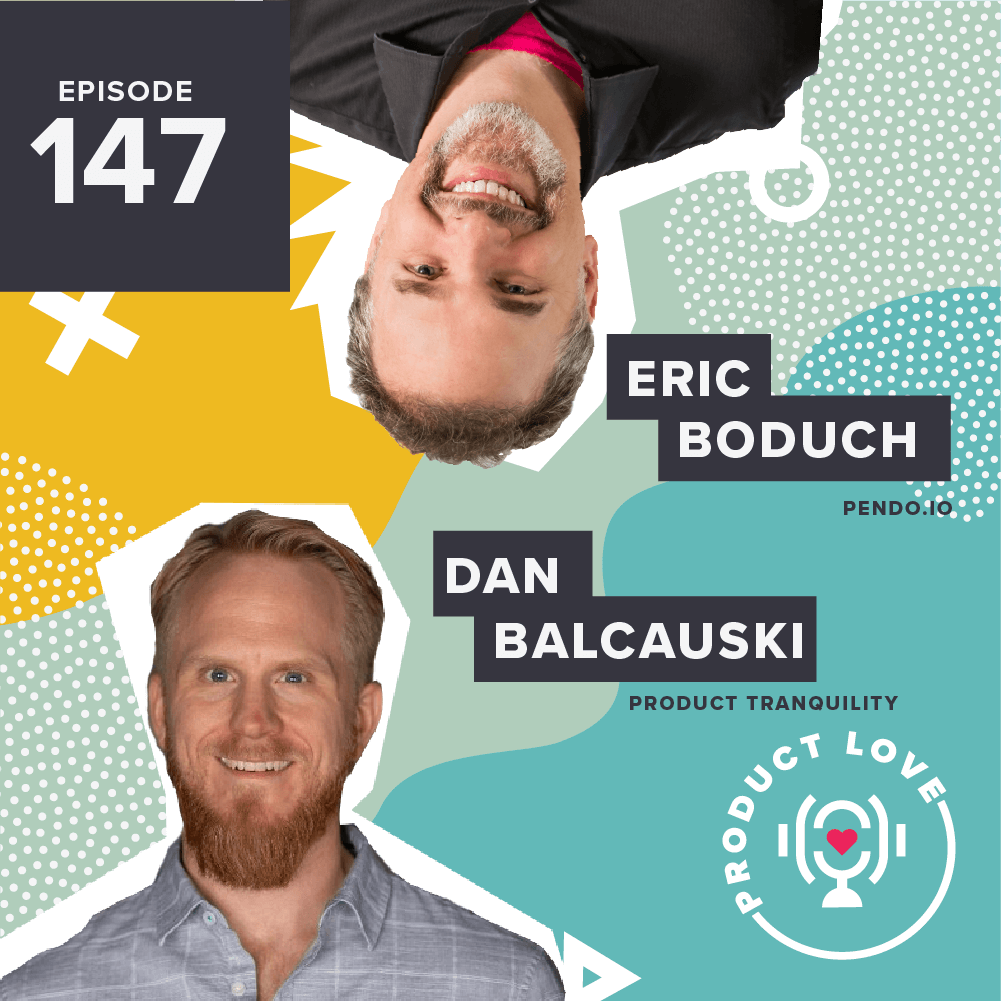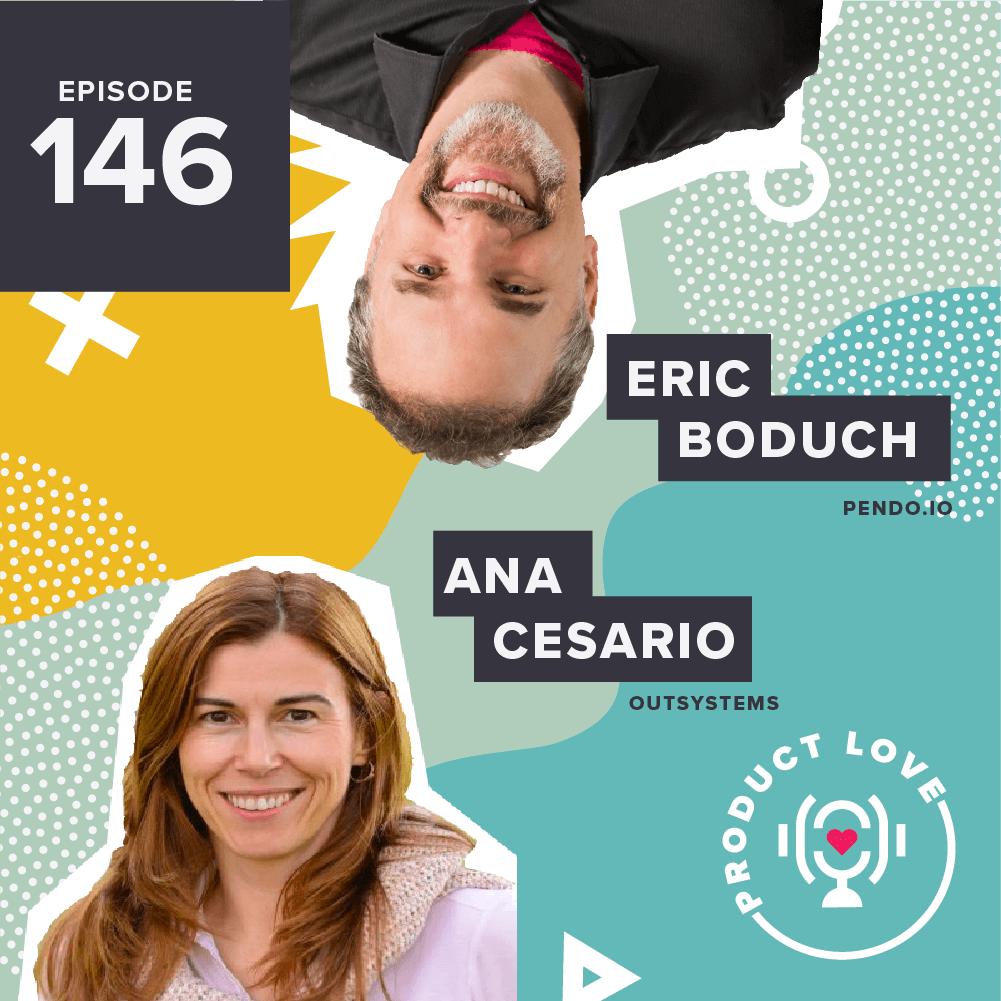This week on Product Love, I sat down with Ziad Ismail, the chief product officer of Convoy, a rapidly-growing startup that is changing the trucking industry. Growing up, Ziad was fascinated by computers. He even sold his first program to the principal of his high school and used the money to buy a computer of his own.
Ziad always felt that he was doing product management before it was a formal field. He recognized he had a strong interest that went beyond the technical aspects of the software. And reading Crossing the Chasm by Geoffrey Moore only strengthened his interest in how businesses and products work.
After starting two companies in Sweden, Ziad moved to the United States to earn his MBA. Since then, he’s worked at companies like Microsoft and Marchex.
In this week’s episode, we talk about decision frameworks and lessons from Microsoft.
Lessons learned from Microsoft
I was curious as to how tech businesses in Sweden differ from those in the United States. Luckily, Ziad could enlighten me. For instance, certain thought processes are different. At Microsoft in the US, he learned that when you pitch an idea, it should be a billion-dollar business idea. If not, then it’s not interesting enough to develop. It’s this viewpoint that encourages Ziad to go after the biggest problems and be bold when coming up with solutions. Another lesson he learned from Microsoft was how to work within various systems. The question, “How do all these pieces fit together to create a better customer experience?” comes up frequently in his mind as a result.
Ziad remembers these lessons at Convoy, his current company, and brought his knowledge of making product tradeoffs and providing early value to customers with him as well. He encourages his product teams to think boldly, look to the future, and try to change the industry. I think it’s extremely inspiring when leaders encourage their teams to think as far outside the box as possible.
Decision frameworks
A huge question in product management is, “How are you going to prioritize what you’re going to build?” People tend to answer that with their favorite decision-making framework, a common one being “value, effort, and risk.” While Ziad does find that framework useful, he challenges us to think further about what “effort” actually means.
In his opinion, effort is a misunderstood term. Typically, effort is typically measured by the days, weeks, or sprints needed to develop and ship an idea. The reality is that software looks like an iceberg; there’s the initial cost of developing software, but just beneath lies future costs and effort. Sometimes, teams only see the surface, which is why Ziad encourages his teams to ask, “Are the things you built adding compounded effort onto every sprint? Does it add a tax to every development sprint? Did it provide the value you wanted?”
Personally, I love this idea of thinking long-term about your product and your team’s commitments. It emphasizes conversations about tradeoffs and pushes for innovation. What will help your customers? What is sustainable for your teams? What does the future of your product look like?
Mission and metrics framework
Ziad likes to ask product teams, “What’s the gap between missions and metrics?” This is such a profound question. Most companies have missions that are aspirational, but they also need to be measurable through metrics.
Ziad brought up Facebook as an example. Their mission is to bring people together. So, what should their key metrics be? MAU would be one. Engagement levels would be another. But there’s still a gap between those two things. The things you do to bring the world closer together might be different from those you use to increase MAU. So then it leads you to this critical question: What are the things that are not getting done because of this gap between the mission and metrics? What are the things we risk when we optimize for metrics and not the mission?
This idea of bridging the gap between missions and metrics was so interesting to me because a lot of companies don’t have a process for doing so. The mission-metrics gap should make us more intentional about our product choices and whether they fit our short-term or long-term goals.
Ziad comes to us with so many key insights about how we should reframe our thoughts on existing frameworks. I highly encourage you to listen to the entire episode.


